Organizers

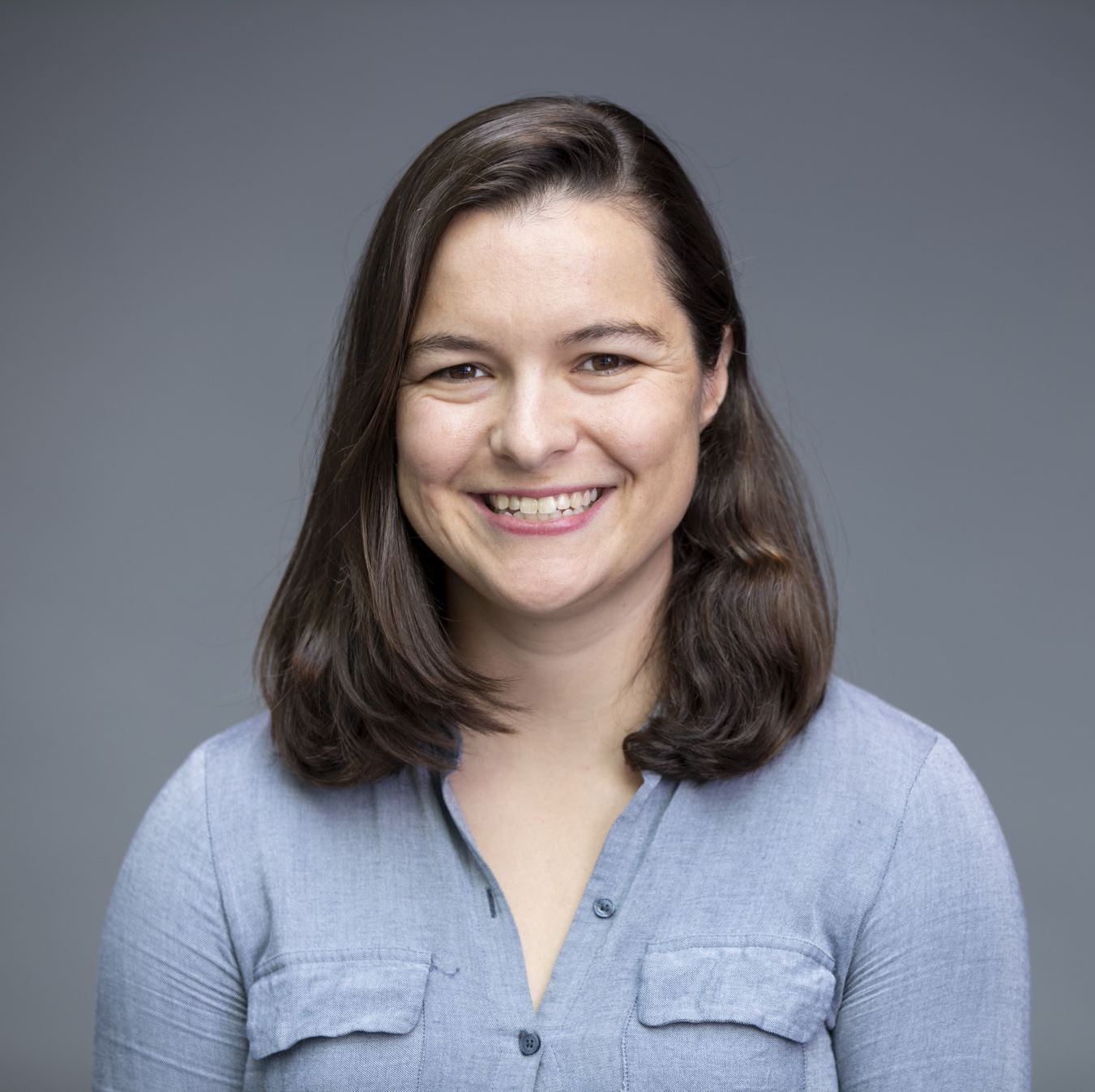
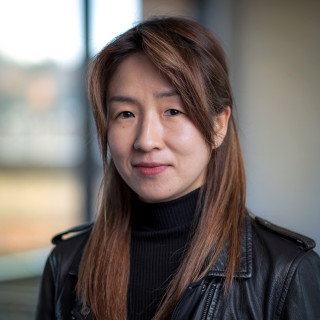
Bio
Yejin Choi is the Dieter Schwarz Foundation Professor and Senior Fellow at Stanford's Computer Science and Institute for Human-Centered AI (HAI). She is a MacArthur Fellow, AI2050 Senior Fellow, and named to Time100 Most Influential People in AI (2023, 2025). Choi has received 2 Test-of-Time Awards and 10 Best/Outstanding Paper Awards at top AI conferences including ACL, ICML, NeurIPS, ICCV, CVPR, and AAAI. She was a main stage speaker at TED 2023 and has delivered keynotes at several AI conferences including NeurIPS, ICLR, CVPR, ACL, AAAI, MLSys, VLDB, and WebConf. She has also won the Borg Early Career Award (BECA) in 2018, the inaugural Alexa Prize Challenge in 2017, and IEEE AI’s 10 to Watch in 2016. Her research focuses on democratizing generative AI through smaller yet powerful language models, scaling intelligence via smarter algorithms, alternative training recipes of language models, pluralistic alignment, and AI for science and social good. She consults at NVIDIA, and was was previously Professor at UW and Senior Director at AI2. She received her Ph.D. in Computer Science at Cornell University and BS in Computer Engineering at Seoul National University in Korea.
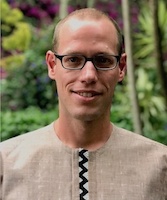
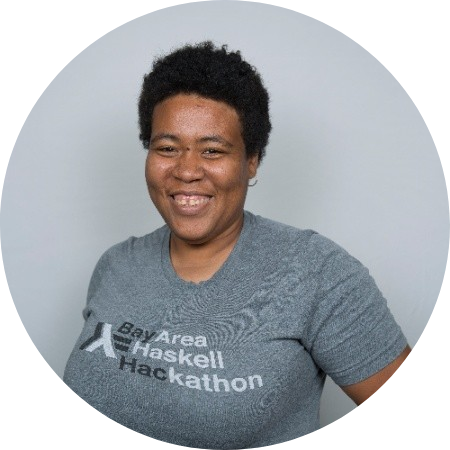
Bio
Current PhD student at the University of Vermont

Bio
Ph.D. Student@Temple University

Bio
Archana David BEng, is a Data scientist with 13 yrs of IT experience, Infosys Ltd. Her ability to handle crisis has enabled her to work for 6 consecutive years in Europe and UK. She earned her Bachelor of Engineering(BEng) from Karunya University. Her IT experience in brief Developer => Automation Architect => Data Scientist

Bio
Researcher in machine learning since 1977. Past roles: Executive Editor, Machine Learning Journal. Founding President, International Machine Learning Society. Program Chair AAAI 1990; NIPS 2000. President, Association for the Advancement of Artificial Intelligence (2014-2016). Current roles: ArXiv moderator for cs.LG, Advisory Board, NIPS Foundation


Bio
Patrick Lin, PhD, is the director of the Ethics + Emerging Sciences Group, based at California Polytechnic State University, San Luis Obispo, where he is a philosophy professor. Current affiliations include Stanford Law School, 100-Year Study on AI, World Economic Forum, Czech Academy of Sciences, and the Center for a New American Security. Previous affiliations include Stanford Engineering, US Naval Academy, Dartmouth College, Notre Dame, University of Iceland (Fulbright specialist), New America Foundation, and UNIDIR. He is well published in technology ethics, esp. in AI and robotics, with five books that include Robot Ethics (MIT Press, 2012) and Robot Ethics 2.0 (Oxford University Press, 2017), as well as several funded policy reports on military robotics, cyberwarfare, and enhanced warfighters. Dr. Lin regularly gives invited briefings to industry, media, and governments worldwide; and he teaches courses in ethics, technology, and law. He earned his BA at UC Berkeley and PhD at UC Santa Barbara.




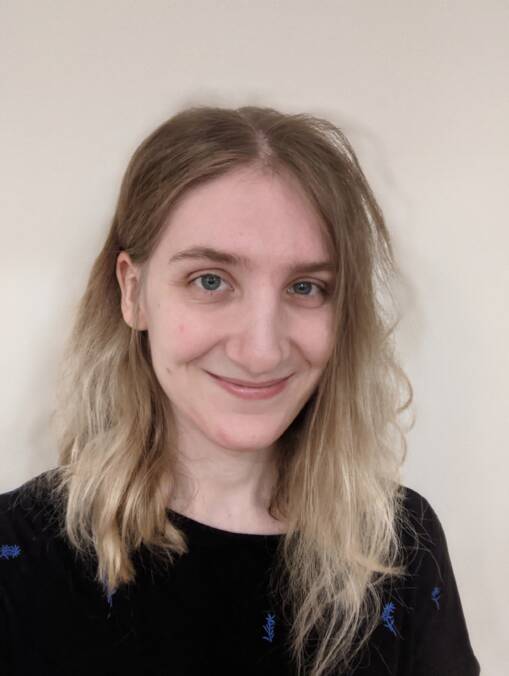
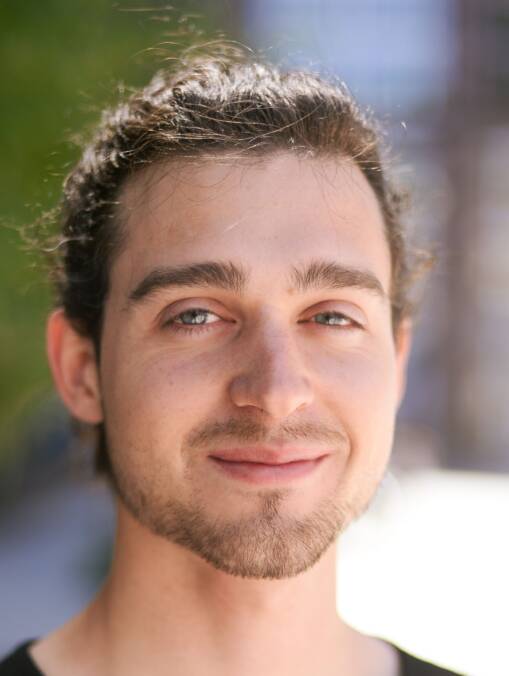
Bio
I am a Ph.D student supervised by Simon Lacoste-Julien, I graduated from ENS Ulm and Université Paris-Saclay. I was a visiting PhD student at Sierra. I also worked for 6 months as a freelance Data Scientist for Monsieur Drive (Acquired by Criteo) and I recently co-founded a startup called Krypto. I'm currently pursuing my PhD at Mila. My work focuses on optimization applied to machine learning. More details can be found in my resume. My research is to develop new optimization algorithms and understand the role of optimization in the learning procedure, in short, learn faster and better. I identify to the field of machine learning (NIPS, ICML, AISTATS and ICLR) and optimization (SIAM OP)

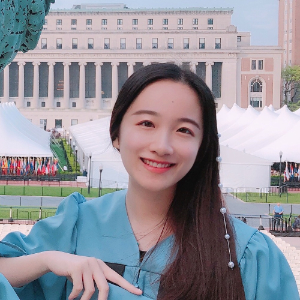

Bio
YaGuang Li a senior research engineer in the Google Research, Brain team working on neural sequence and graph modeling research for task-oriented dialogue, and grounded large language model, such as LaMDA. Prior to joining Google, YaGuang received his Ph.D. degree in Computer Science at the University of Southern California and his Master degree in Computer Science from Institute of Software in University of Chinese Academy of Sciences in 2014. His primary research interest lies in machine learning, spatiotemporal prediction and recommendation, deep learning on graphs with applications in transportation.
